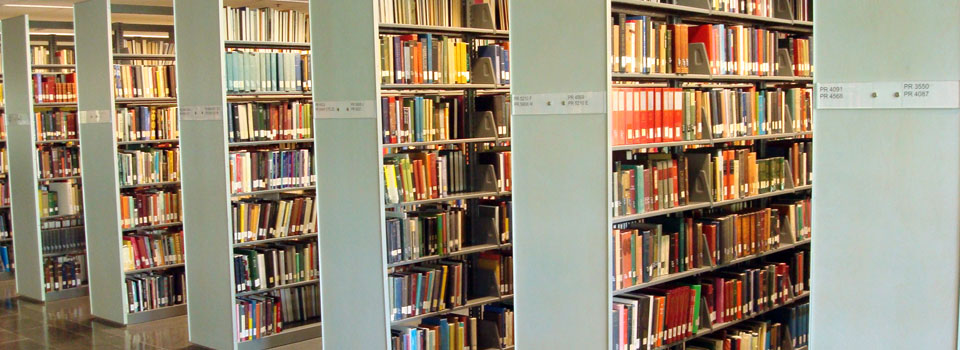HIS244H1S Early Modern Europe, 1648–1815
Academic Honesty
The basic premise behind academic integrity is giving credit when credit is due. Historians and other scholars abide by accepted professional standards of their discipline. They are required to properly attribute the arguments and the ideas of the authors whose research they incorporate in their publications.
University of Toronto considers plagiarism to be a serious academic offense. Ensuring that academic honesty is respected “goes hand in hand with the University’s efforts to advance and disseminate knowledge by drawing fairly on the ideas of others, by presenting and testing ideas, and by giving and receiving appropriate recognition.”
Students have the responsibility to participate in this process by upholding academic integrity in their work.
How Not to Plagiarize, Dr. Margaret Procter
Includes the most commonly encountered challenges associated with successfully incorporating and citing arguments and ideas from books, articles, and other sources into
your own work.
What is Plagiarism?
Keeping track of the sources you locate in the process of researching your topic is one of the most effective methods to ensure that they are attributed correctly in your
written work. This guide contains information on what constitutes plagiarism and how to avoid it by using helpful research tools, such as citation management software and
research logs.
Consult a Librarian or a Writing Centre Instructor
Assistance with incorporating specific styles of citation (including Chicago) is available at every library on campus. In addition, students can also book an appointment
at their college with a writing instructor.
